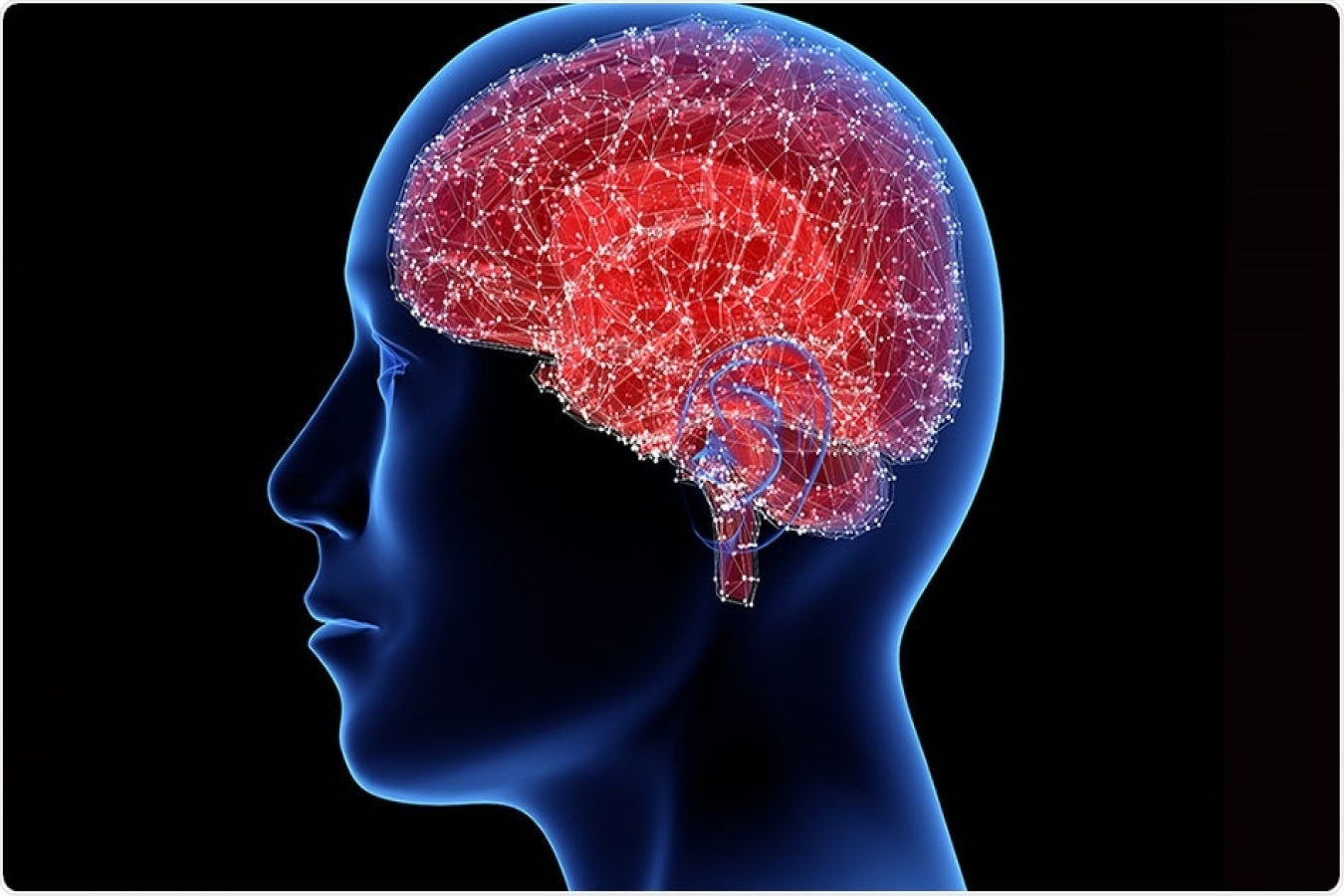


 6:17:15
6:17:15  2019-07-03
2019-07-03  932
932

Researchers have found a protein that could help reduce the aggregation of toxic proteins in the brain — a hallmark of Parkinson's disease. But does their discovery offer fresh hope or just "a Band-Aid?"
The National Institutes of Health estimate that, in the United States, around 50,000 people receive a Parkinson's disease diagnosis each year.
This widespread condition is characterized by tremors, slowness of movement, and impaired balance and coordination, among other symptoms.
However, its causes remain unknown and treatments only target the symptoms, helping individuals to manage this condition as best they can.
In the brain, Parkinson's is characterized by a puzzling feature — the aggregation of alpha-synuclein, a protein that becomes toxic and disrupts the neural pathways when it sticks together in large quantities.
This occurs when alpha-synuclein misfolds, that is, when it folds into an incorrect shape that does not allow it to function correctly, which may cause or facilitate disease.
Alpha-synuclein is typically present at high levels in the brain, and it is also present in other tissue in smaller amounts. Still, researchers have no idea what role this protein usually plays in maintaining neural health or how to prevent it from misfolding.
But a new study, from Purdue University, in West Lafayette, IN, has identified a protein able to reduce the aggregation of misfolded alpha-synuclein. The findings feature in the Journal of Molecular Biology.
How HYPE may reduce aggregation
The new research has focused on the therapeutic potential of a protein called "HYPE," which, the investigators explain, is the only Fic protein present in humans.
Fic proteins help decide whether a cell survives or dies when it encounters stress, characterized by the misfolding of the cell's proteins.
"Since HYPE plays such an important role in how cells deal with stress from misfolded proteins, we wondered whether diseases that result from protein misfolding were likely to need HYPE," explains lead study author Seema Mattoo, Ph.D., an assistant professor of biological sciences at Purdue.
She continues: "We know that in Parkinson's disease, often the misfolded protein is [alpha-synuclein]. So we asked if HYPE could modify [alpha-synuclein], and if so, what are the consequences?"
In the current study — which the researchers conducted in vitro, using cell cultures in a laboratory setting — they found that HYPE can indeed act on alpha-synuclein, decreasing the amount of aggregation of misfolded proteins. The researchers call this process "AMPylation."
Then, the team wanted to see if AMPylation actually showed any promise as a potential therapeutic process. In Parkinson's disease, aggregated, misfolded proteins can puncture the membranes of neurons (brain cells), disrupting their functioning.
Mattoo and colleagues wanted to find out whether AMPylation would also lead to fewer holes in the membranes of cells. To do so, they used a combination of lipids to create a surface simulating that of cell membranes.
They also added dye to the lipids, so if alpha-synuclein aggregates punctured them, the action would become visible through leaked dye.
After doing so, Mattoo notes, "We found that less dye was released with the modified [alpha-synuclein], meaning the membrane stayed more intact."
"That means HYPE could possibly have a therapeutic effect on Parkinson's disease," she adds. Moreover, as Mattoo and colleagues note in their study paper, "This is the first report identifying [alpha-synuclein] as a target for HYPE."
Going beyond the 'Band-Aid?'
In a final experiment, Mattoo and the team studied HYPE-modified alpha-synuclein using an electron microscope. This allowed them to observe that, after interacting with HYPE, alpha-synuclein's structure had changed.
Under regular circumstances, the researchers note, alpha-synuclein twists, which may explain its potential to form aggregates. However, when modified by HYPE, the protein tended to twist less, instead forming parallel strands.
This new modification, the researchers argue, may prevent alpha-synuclein from aggregating as much.
While the current research shows promise in finding new therapies for Parkinson's disease, the study authors explain that they still have a long way to go.
"We're all trying to apply a Band-Aid at the end of disease progression because we know aggregation causes the cells to become toxic, but how can we prevent that? There is still much to be understood mechanistically about it in the context of disease."Seema Mattoo, Ph.D.
"We're in the early stages [of this research]," Mattoo admits, "but these results are giving us a new angle to look at potential therapeutics."
"We're trying to come up with drugs that could be used to manipulate HYPE's activity. You could give them to patients who are starting to show signs of Parkinson's or who are prone to having aggregated [alpha-synuclein]. That's the direction we want to go [in]," the researcher explains.
by: Medicalnewstoday
Reality Of Islam |
|

This is the

A computer

Auburn Univ

Poisoning i
 9:3:43
9:3:43
 2018-11-05
2018-11-05
10 benefits of Marriage in Islam
 7:5:22
7:5:22
 2019-04-08
2019-04-08
benefits of reciting surat yunus, hud &
 9:45:7
9:45:7
 2018-12-24
2018-12-24
advantages & disadvantages of divorce
 11:35:12
11:35:12
 2018-06-10
2018-06-10
 6:0:51
6:0:51
 2018-10-16
2018-10-16
 10:35:40
10:35:40
 2022-05-26
2022-05-26
 8:25:12
8:25:12
 2022-03-09
2022-03-09
al-hussain (peace be upon him)
 10:18:1
10:18:1
 2022-09-21
2022-09-21
 3:42:22
3:42:22
 2021-12-24
2021-12-24
 6:28:21
6:28:21
 2022-12-20
2022-12-20
 2:34:48
2:34:48
 2022-01-18
2022-01-18
 7:0:55
7:0:55
 2022-05-17
2022-05-17
 5:41:46
5:41:46
 2023-03-18
2023-03-18
| LATEST |